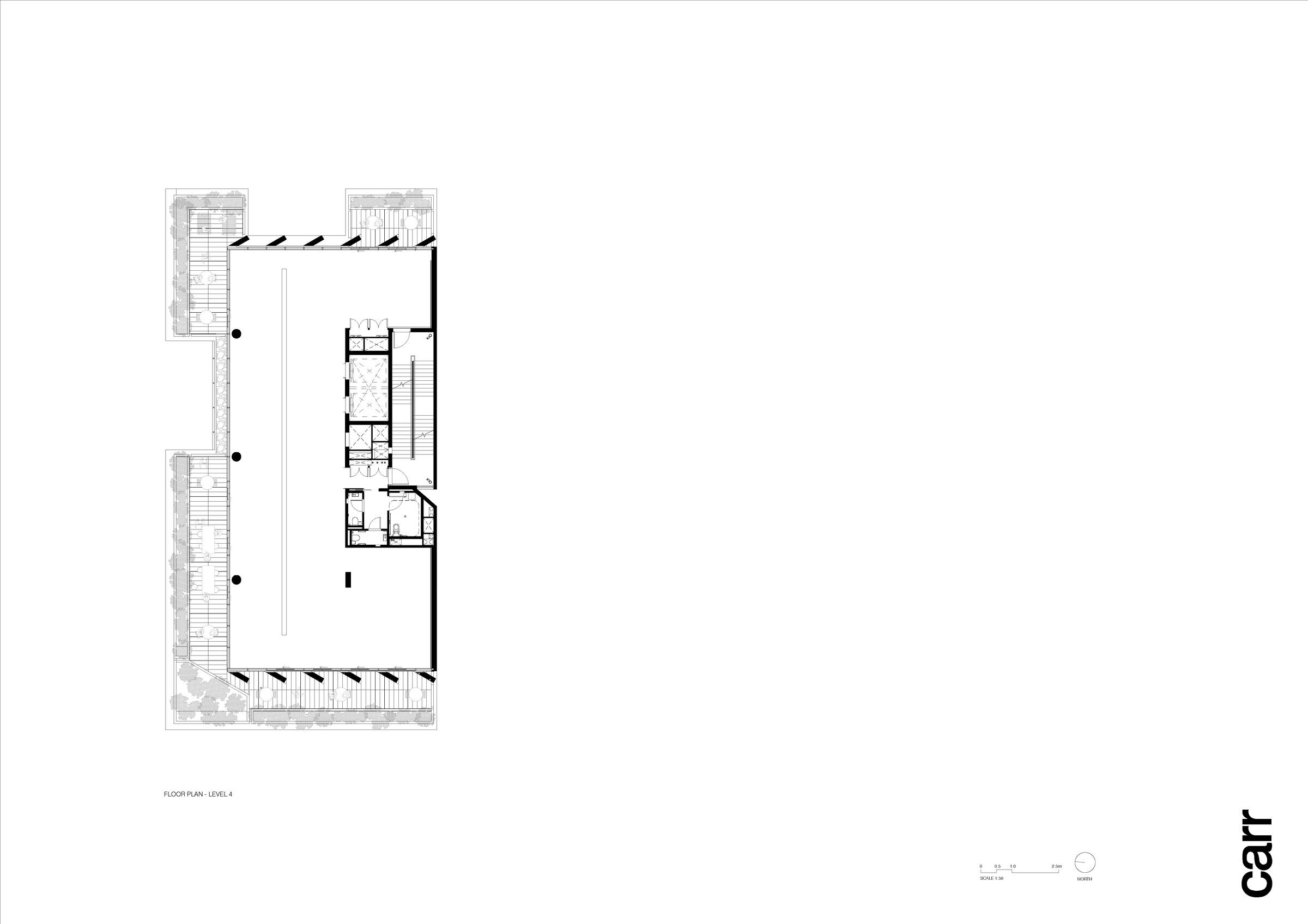Carr, working with a progressive client, has designed a project that transfigures commercial architecture and interiors by embracing sustainability, longevity, and innovation. This project, situated on an urban industrial site in Collingwood, showcases Carr’s potential to transform industrial spaces into vibrant and sustainable environments.
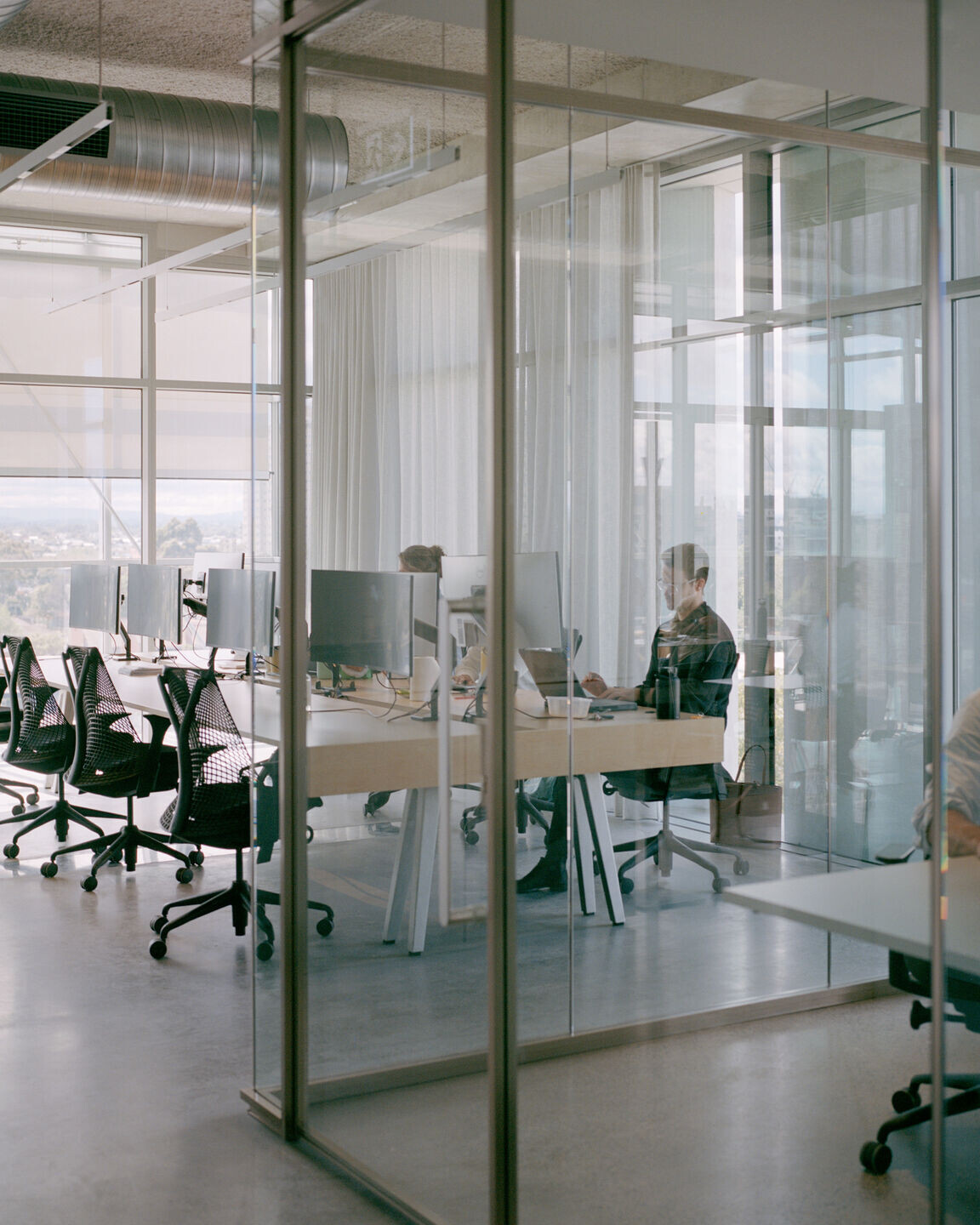
The design of 116 Rokeby echoes Collingwood's industrial materiality combined with a pragmatic approach to sustainability.
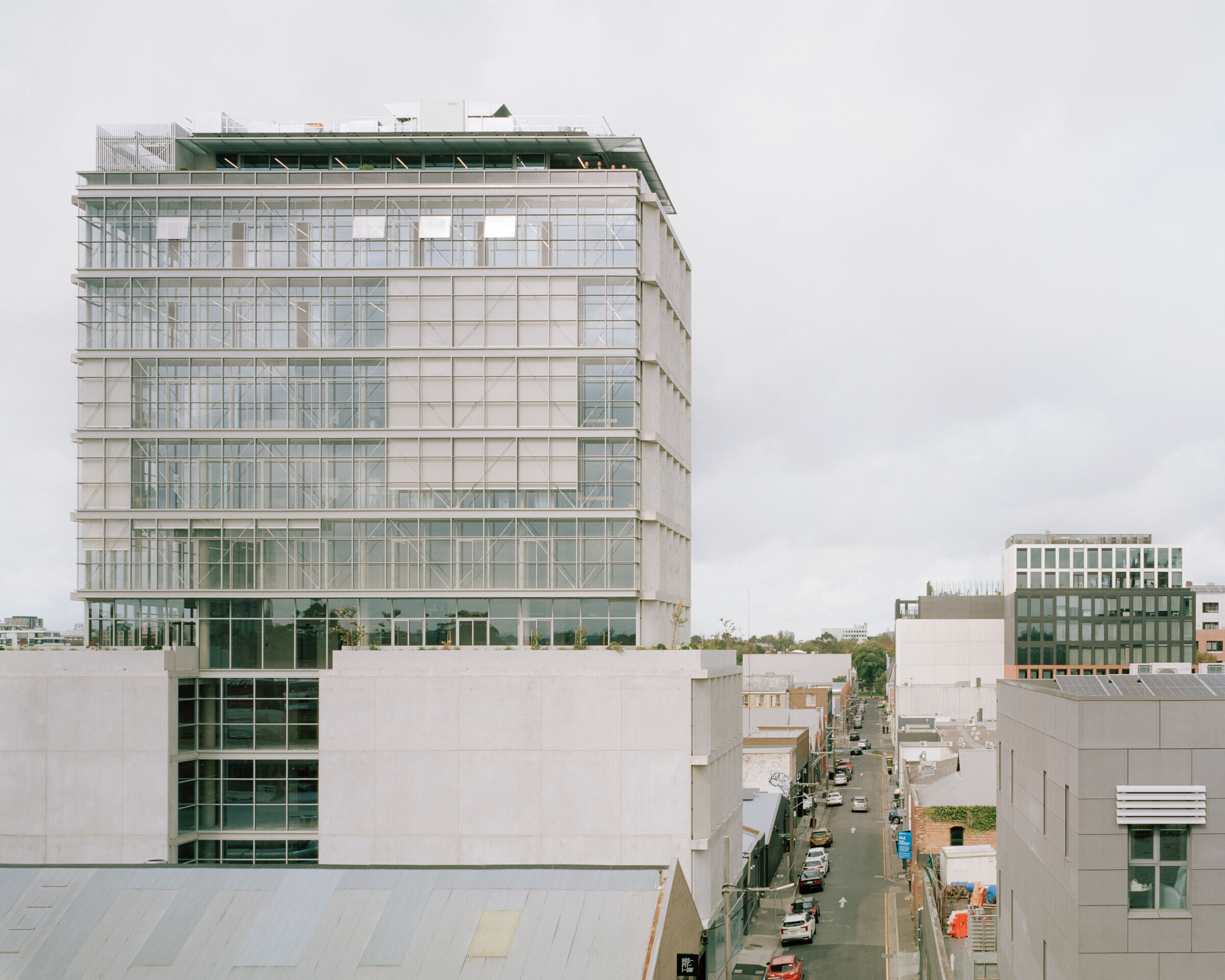
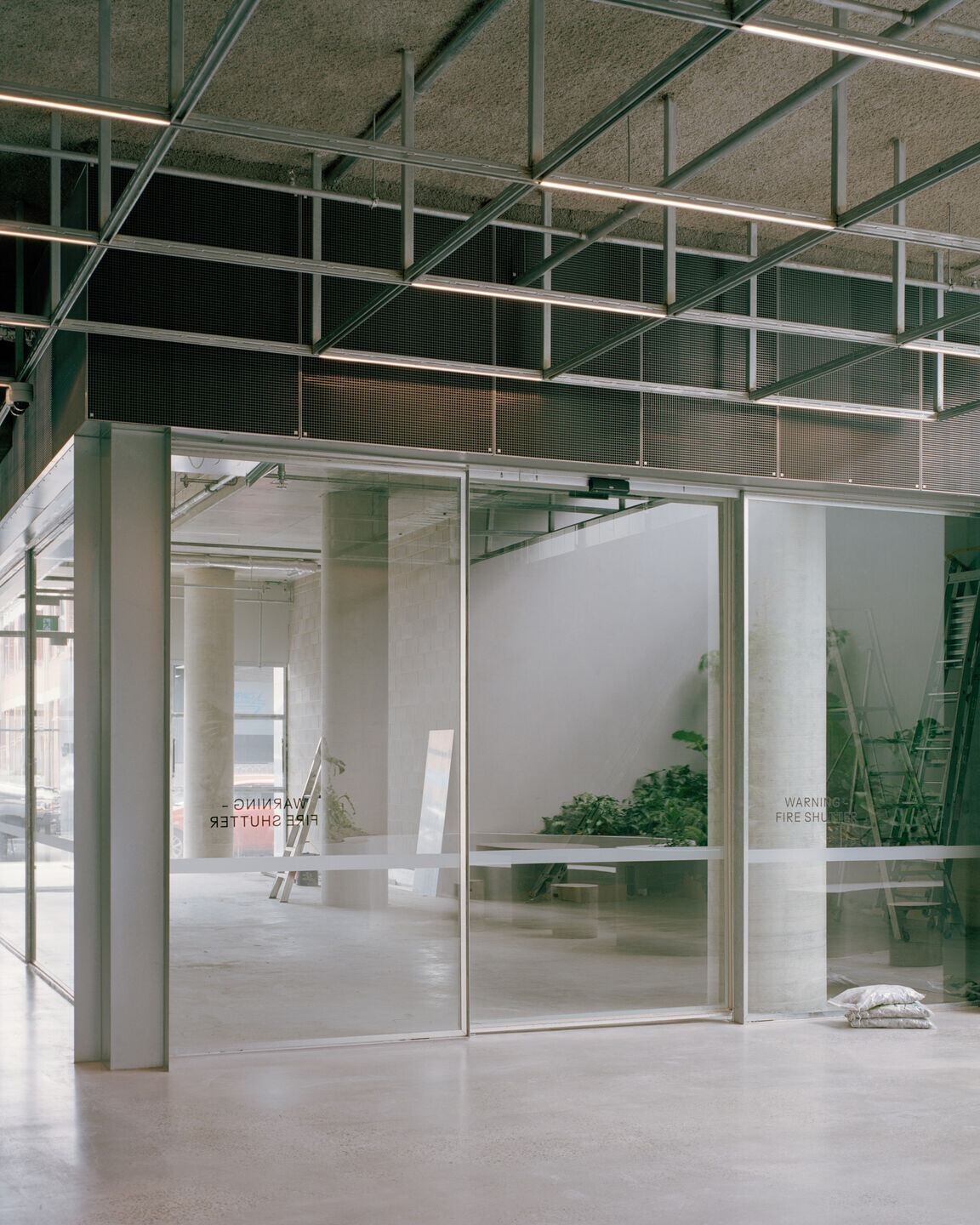
Robust and tactile
The form is robust and tactile, expressing strong architectural repetition on the facade while adopting a holistic, inside-out approach.
Figurehead, a Melbourne-based construction company, is both the client and builder of the project. The company’s commitment to longevity in design innovation and sustainability is evident in the development of 116 Rokeby. The project is robust in both its form and material composition, and it is also equipped with a comprehensive set of environmental passive measures.
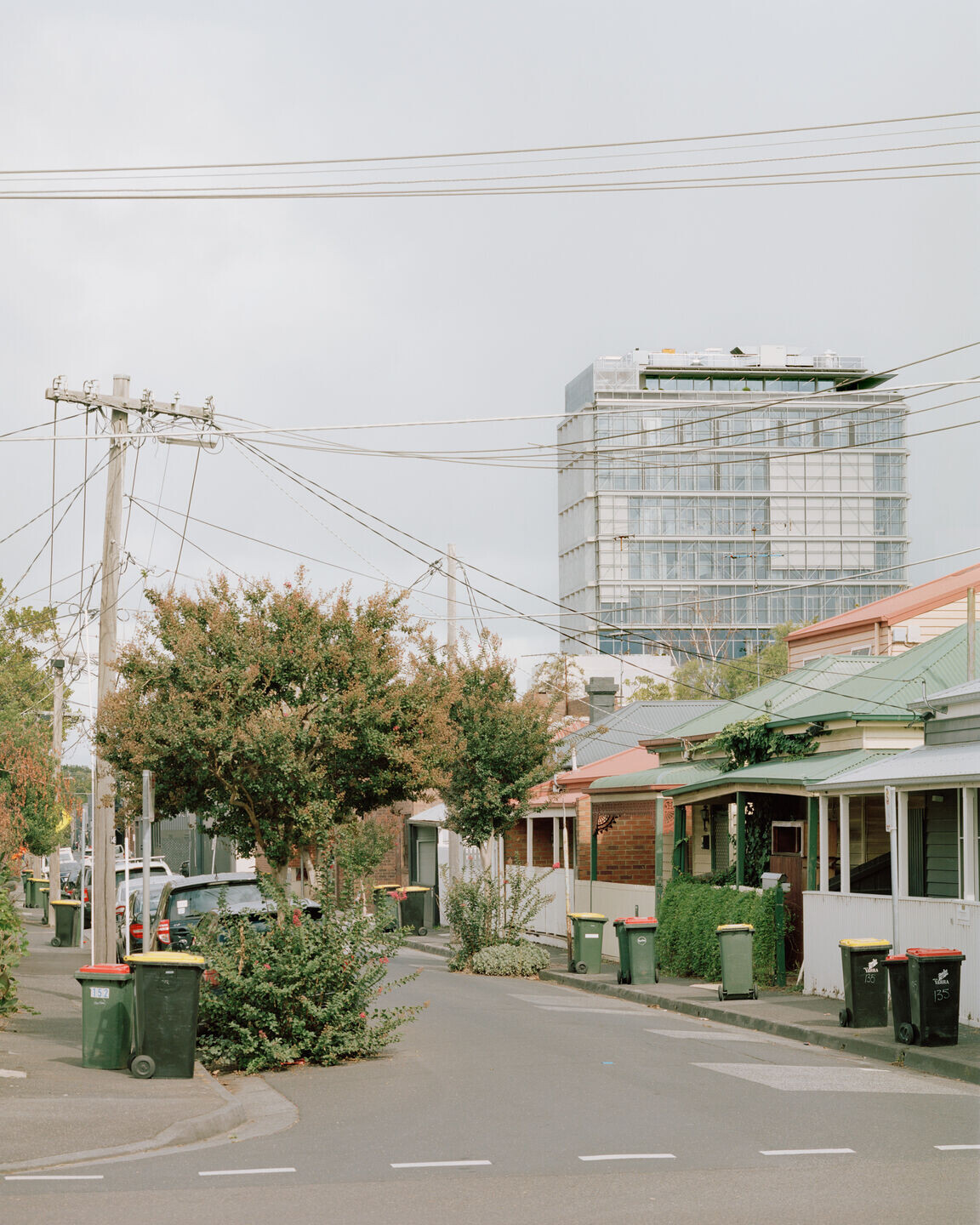
The design is conceived to create a ‘breathing space’, which represents Carr's vision for this future office. It is founded on the desire to shape spaces that harness the fundamental characteristics of abundant natural light, controlled fresh air, adaptability in space, and environmental sustainability – all set within a strong built form.
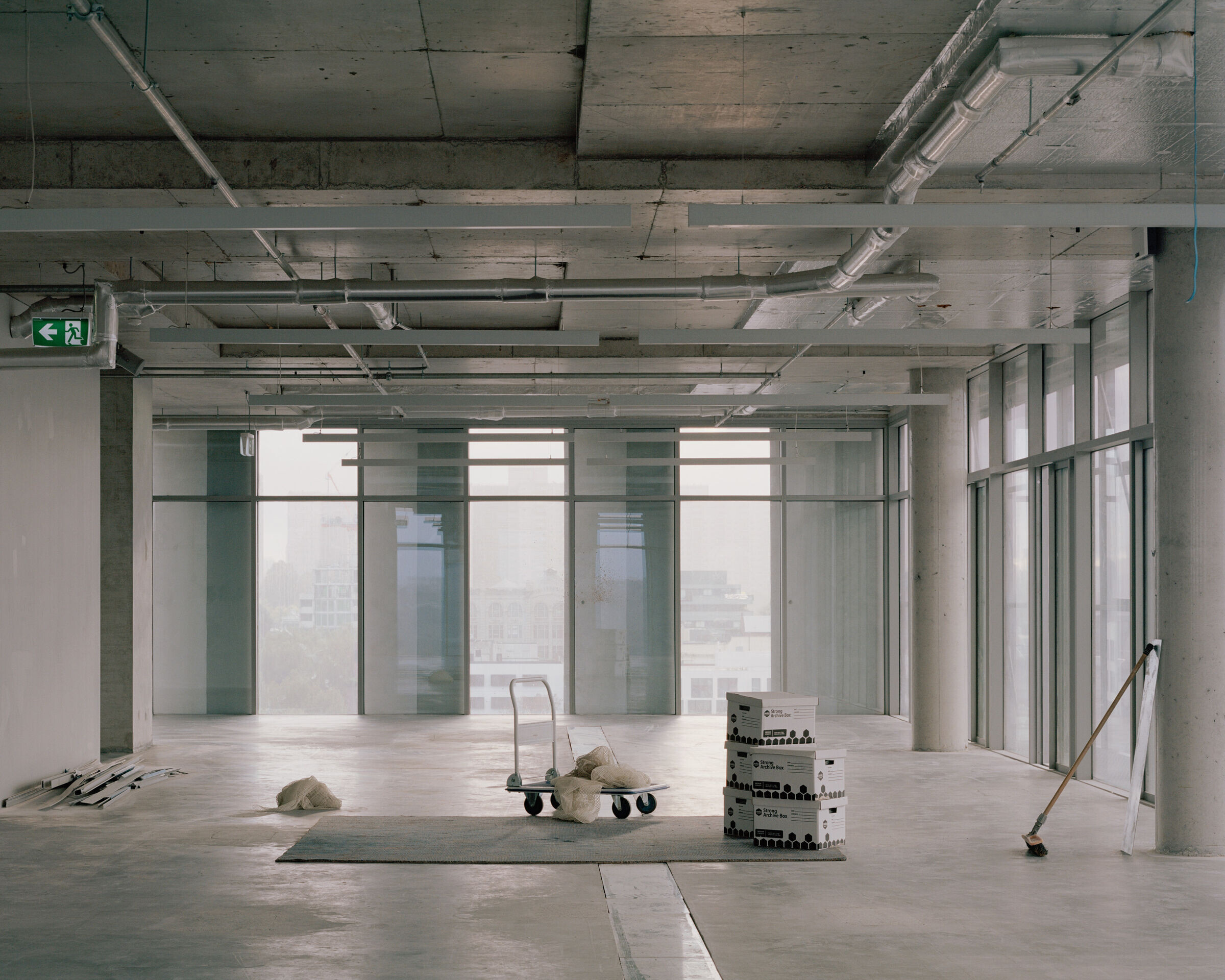
Responding to climatic conditions
Architecturally, the tower and podium respond to the climatic conditions of the site. The building’s modern architectural form is strong on its narrower eastern and western facades — similar to Collingwood’s fragmented industrial palette, these facades combat heat gain with their angled blades while providing views and natural light.
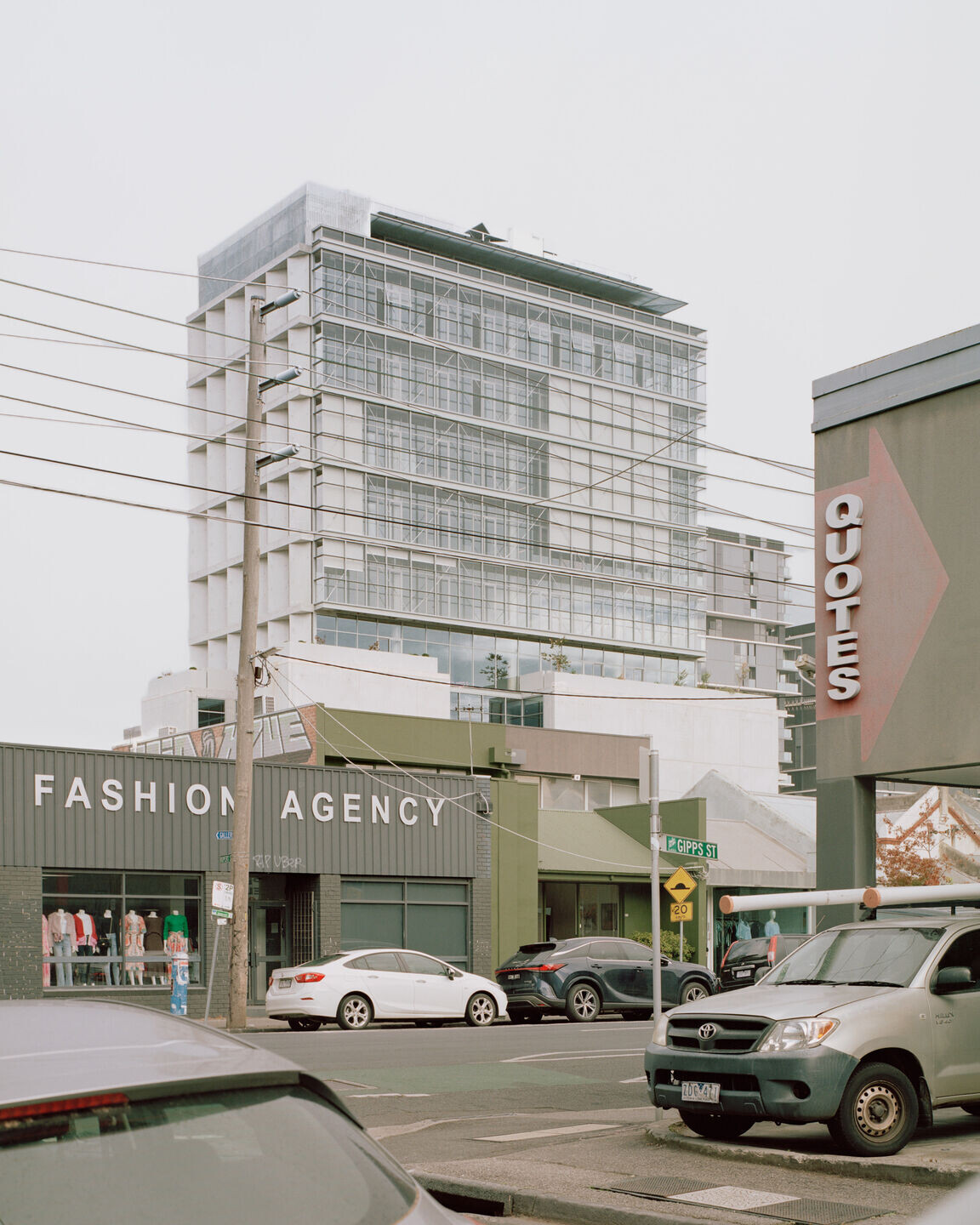
This is complemented by a diaphanous, operable double-skin facade to the north, where environmental sustainability is the main focus. The double-skin facade is also used as an architectural device to control heat gain, daylight, glare, and air quality while naturally ventilating the floor plates. The southern facade of 116 Rokeby serves as a canvas for a commissioned First Nations artwork that pays homage to the Traditional Owners of the land on which the building stands, the Wurundjeri Woi Wurrung people.
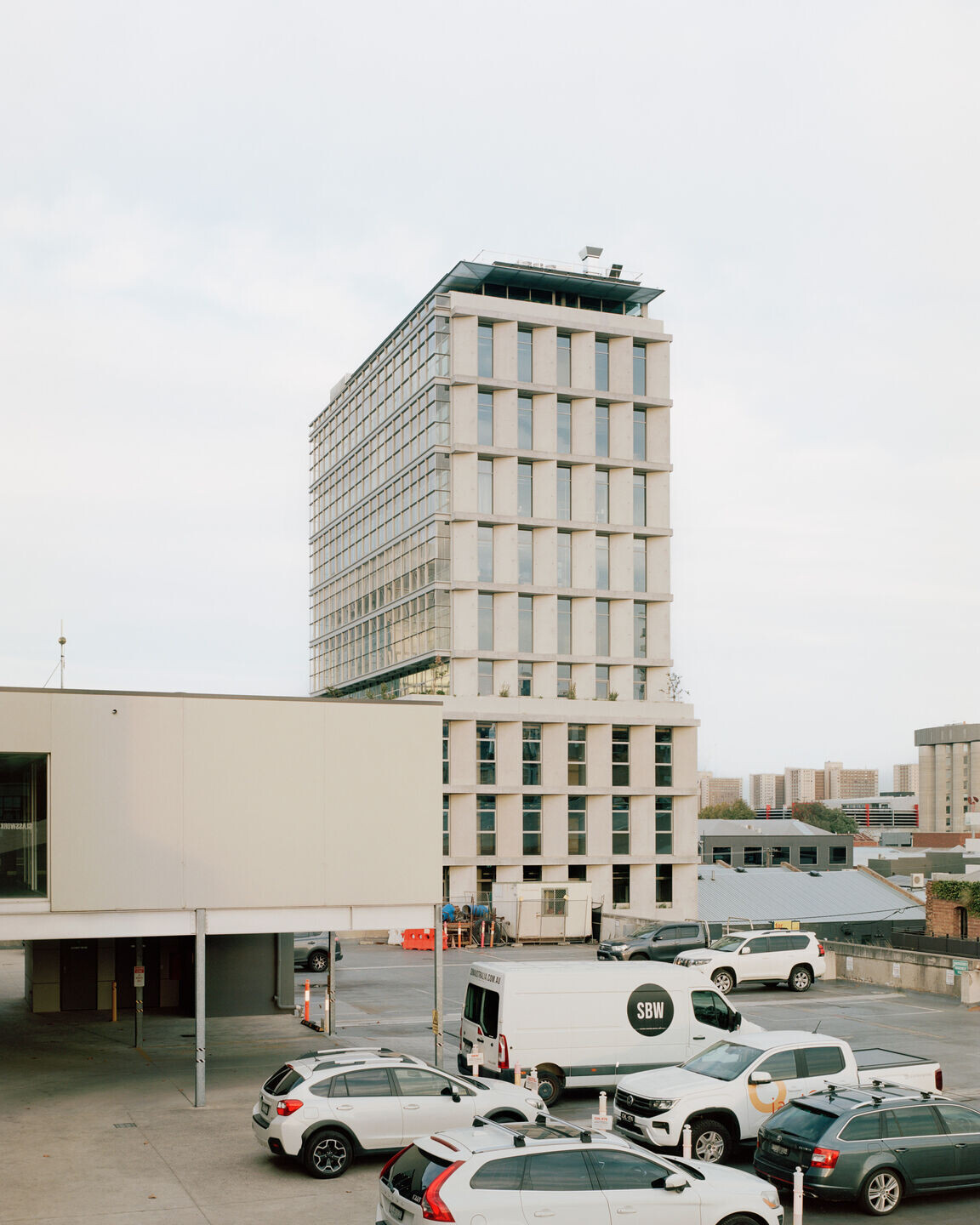
A focus on sustainability
With a core focus on sustainability, 116 Rokeby has a ‘Climate Active Carbon Neutral’ status certified by the Australian Government, a Platinum WELL Certification, and a 5.5 NABERS Energy Rating (National Australian Built Environment Rating System).
The design of 116 Rokeby incorporates a passive approach to the building’s massing and articulation. The double-skin facade includes a plenum and delivers a chimney stack effect by releasing warm air through a series of chimneys at the top level; this facade helps to naturally heat and cool the building and provides an abundance of daylight. Energy-efficient lighting, smart controls, photovoltaic panels, a significant degree of landscaping (on the ground floor, podium, and rooftop), and an all-electric building approach, add to the overall comfort and well-being of the building’s users.
Light and air are two key natural elements of the project. Punctuations in the podium slabs, for example, help to create a series of light wells that spread light throughout the ground floor spaces.
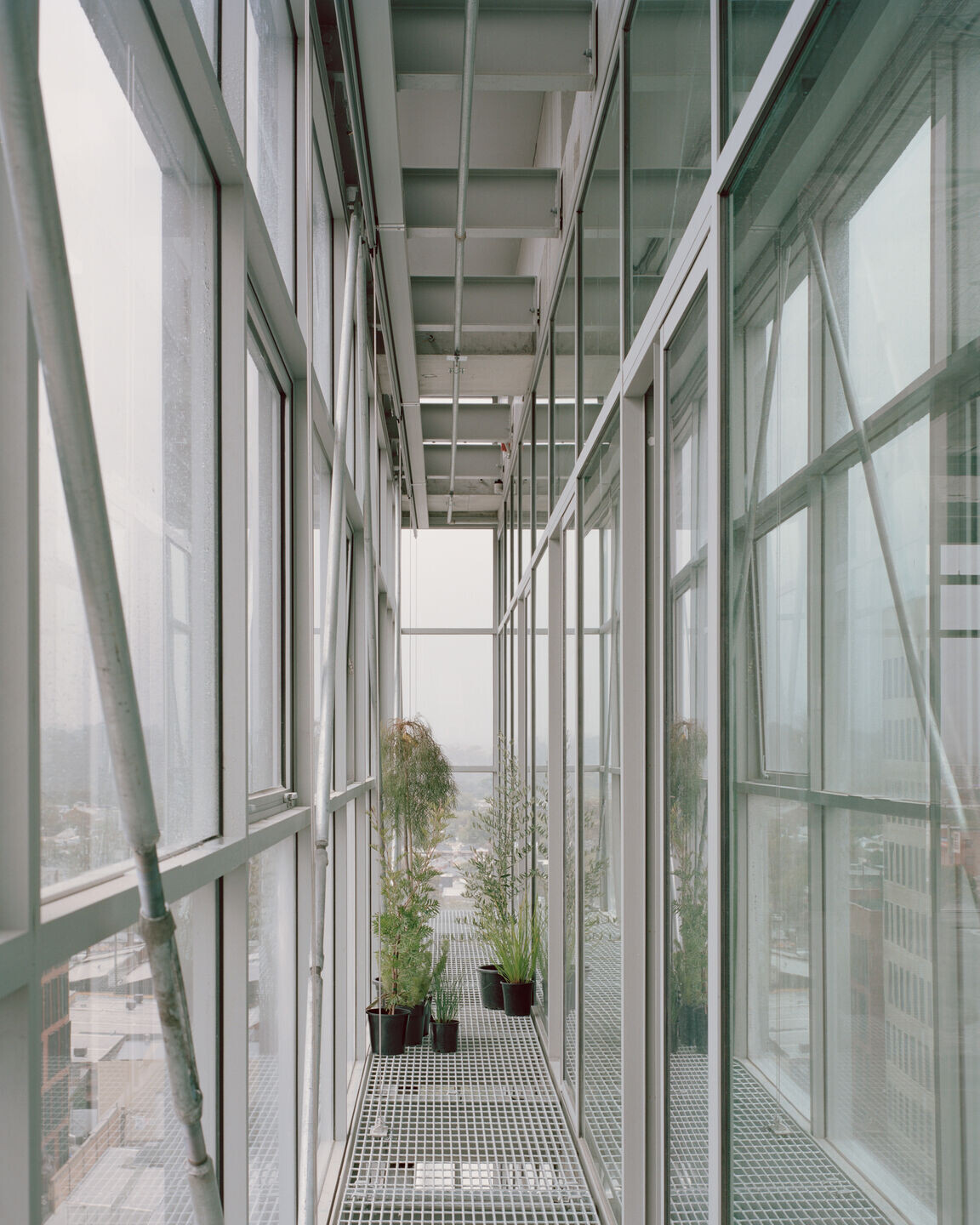
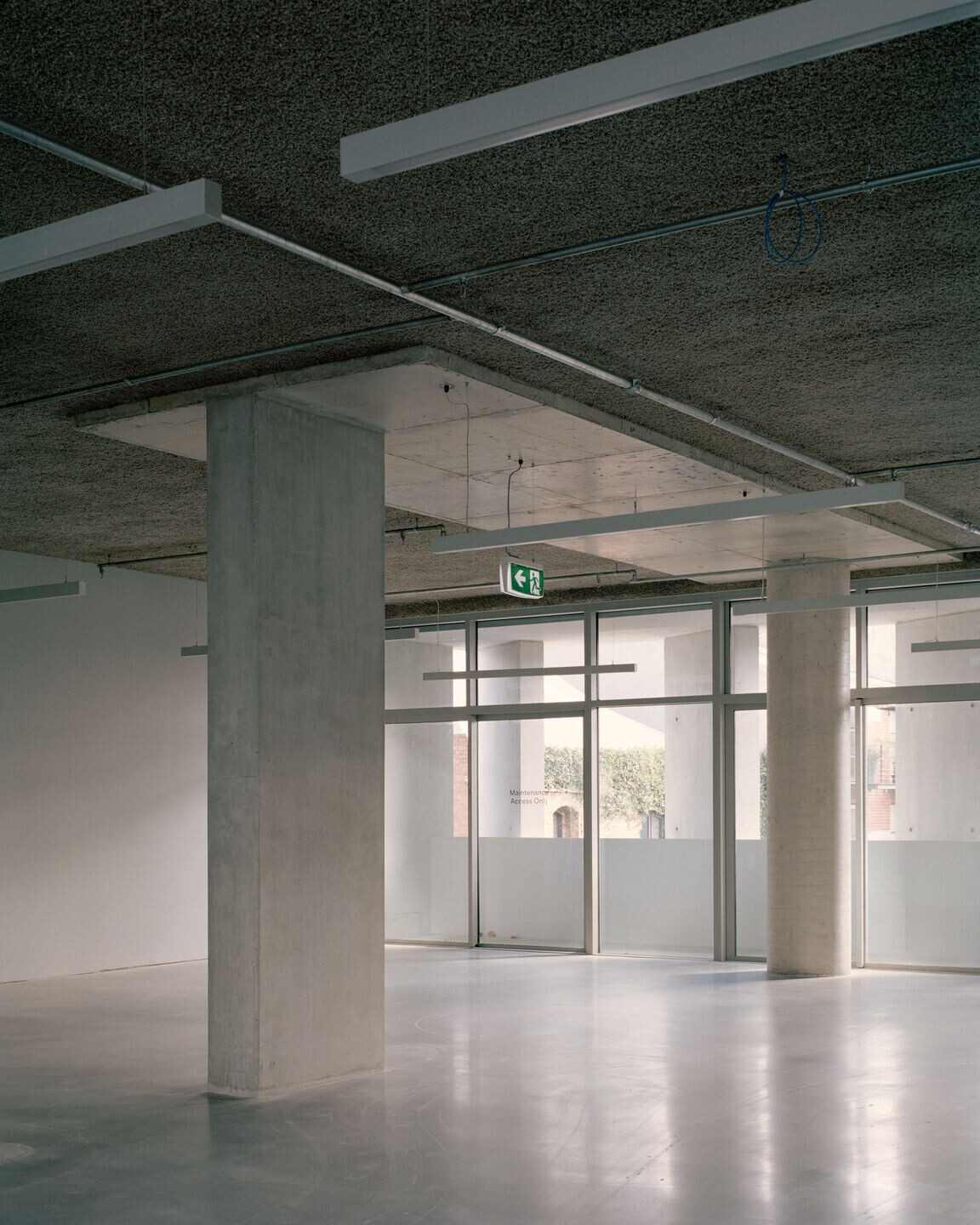
A variety of amenities are scattered throughout the building, enhancing its appeal and providing flexible functionality for the end user. The rooftop features outdoor meeting areas, a spacious communal kitchen, and bookable flexible workspaces for tenants. The ground floor houses a small yet highly adaptable retail space that can transform from day to night. Additionally, there’s an end-of-trip facility on the ground floor, complete with changing rooms, showers, bicycle, and parcel storage.
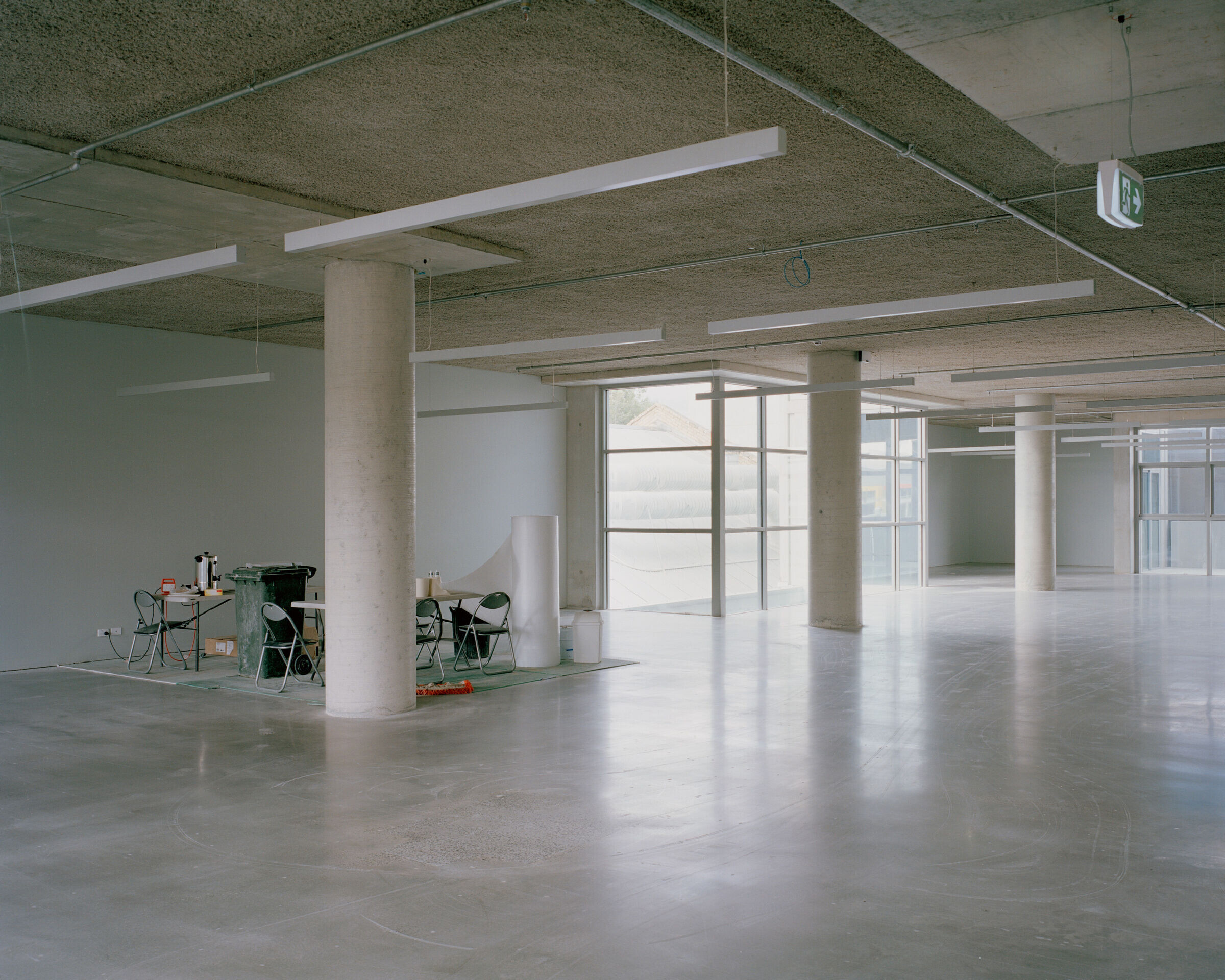
“Key to our planning was ensuring the building did not turn its back to Rokeby Street, as such a highly porous ground plane has been created. Rational planning ensures great visibility through the site from the street. The F&B offering will have operable and moveable elements that can change throughout the day and for different uses,” says Director Stephen McGarry.
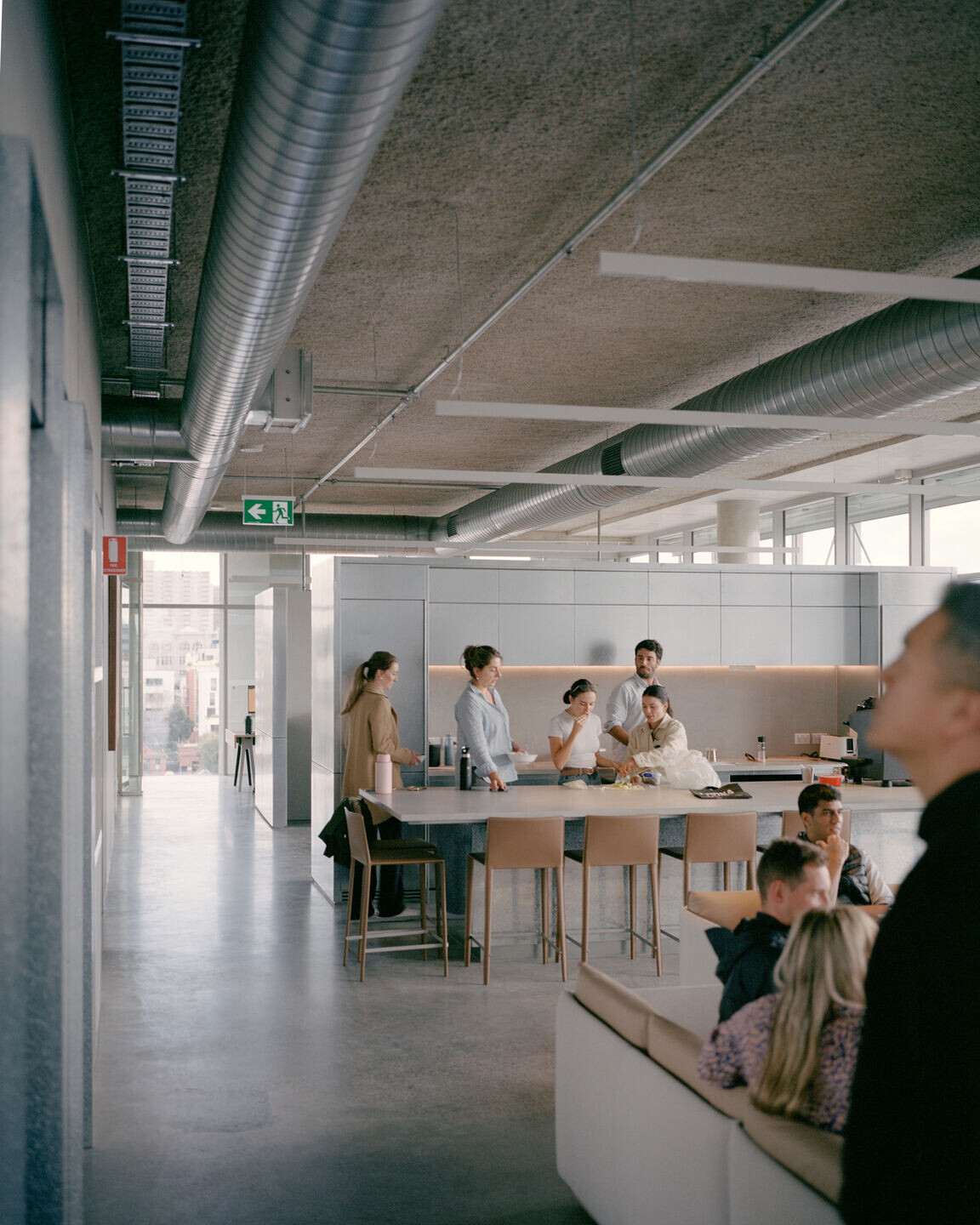
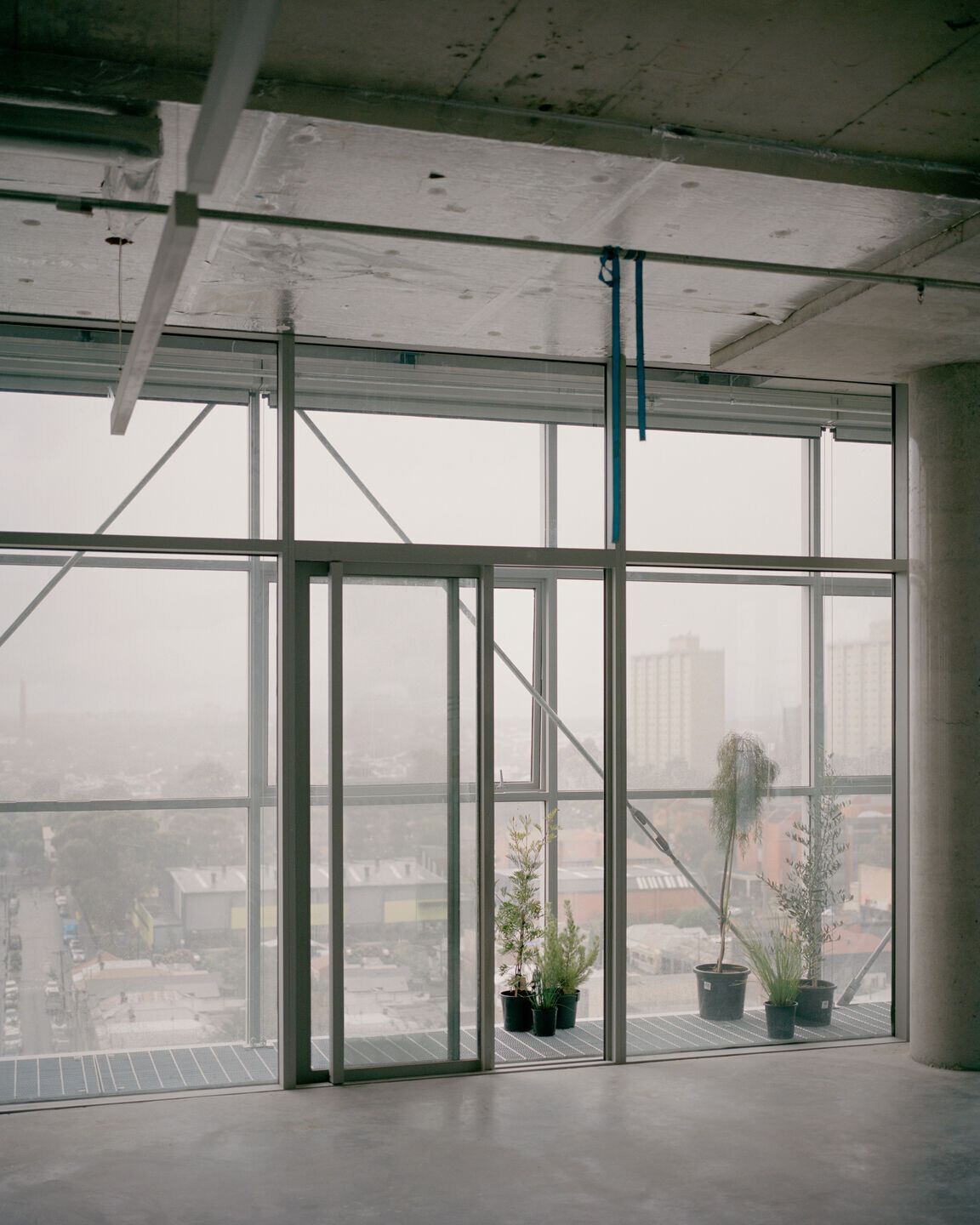
Working in collaboration with Eckersley Garden Architecture, the landscape strategy is an important consideration for the project. Despite the site constraints and minimal opportunity for deep soil planting, significant landscaping is proposed for the ground floor, podium, and rooftop levels. This includes a series of raised concrete planters, integrated seating, and a layered planting mix.
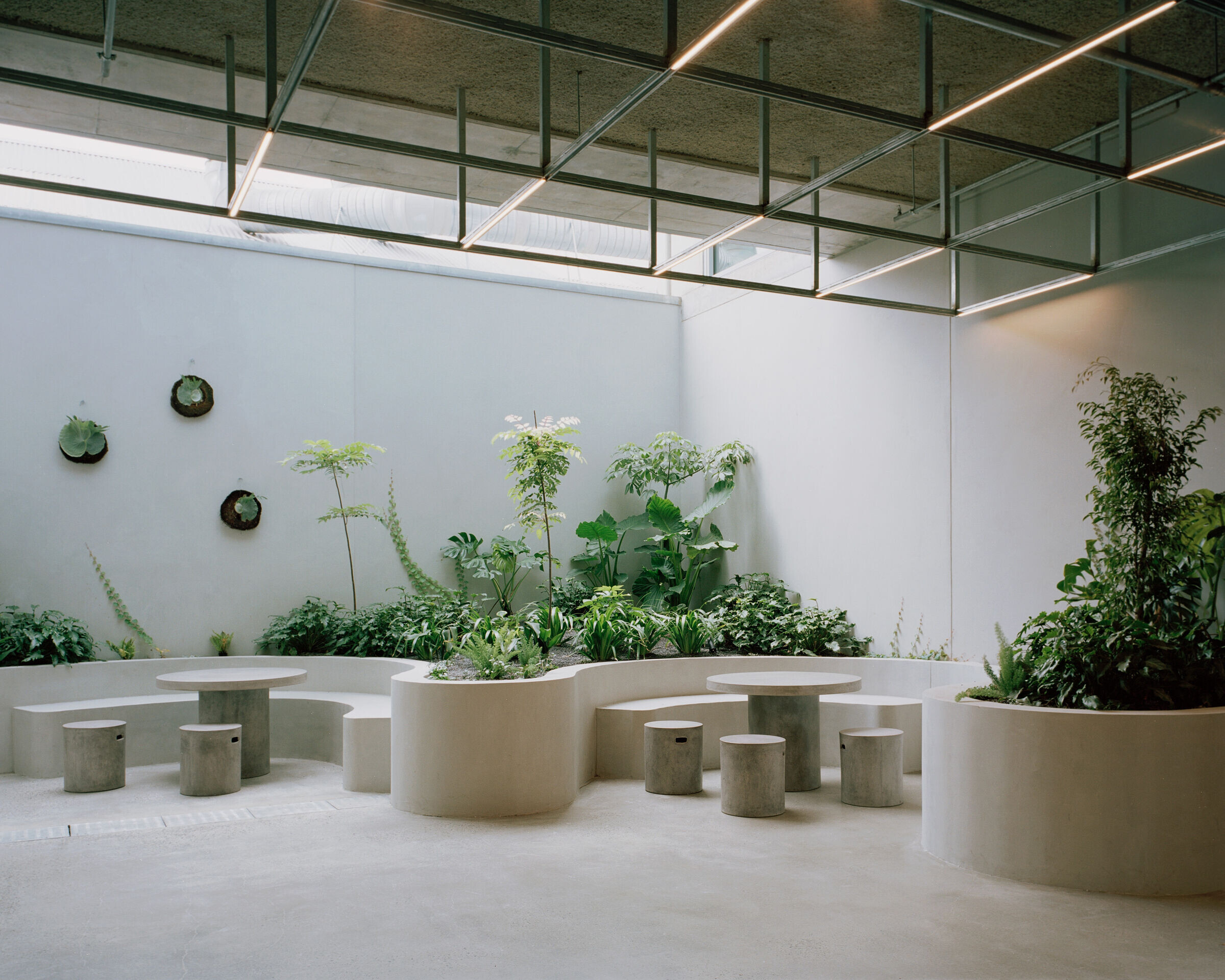
Benefiting from Carr’s expertise in the commercial workplace and public realm, a design approach centred around health and well-being has driven the maximisation of daylight, natural ventilation, vertical circulation, floorplate efficiency, and building amenities.
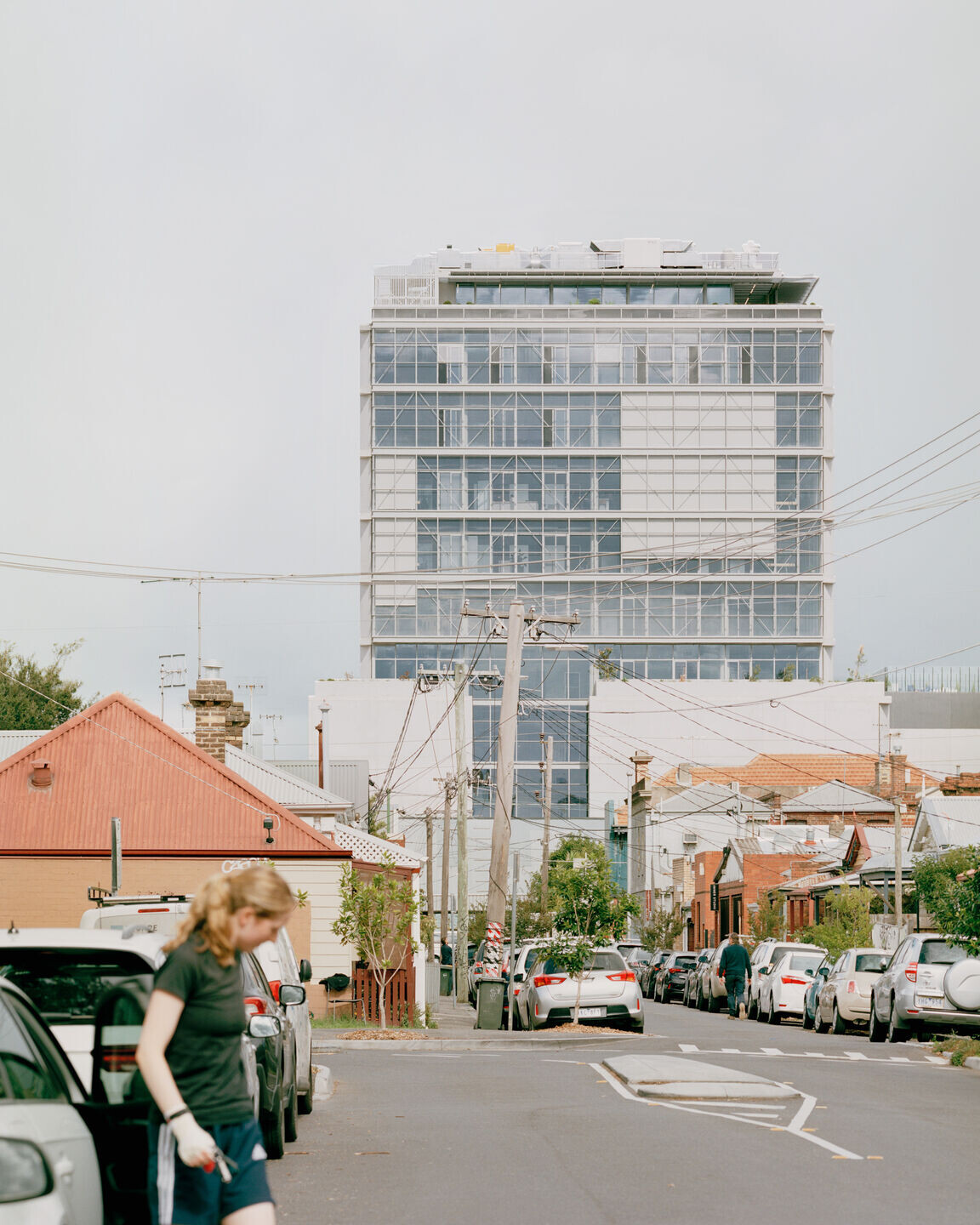
116 Rokeby has a deeply holistic approach to design, sustainability, and performance. “We have a forward-thinking client who believes in innovative design and architecture. One that understands the tremendous values and impact that sustainability can have on how tenants will feel in the space,” adds McGarry.
